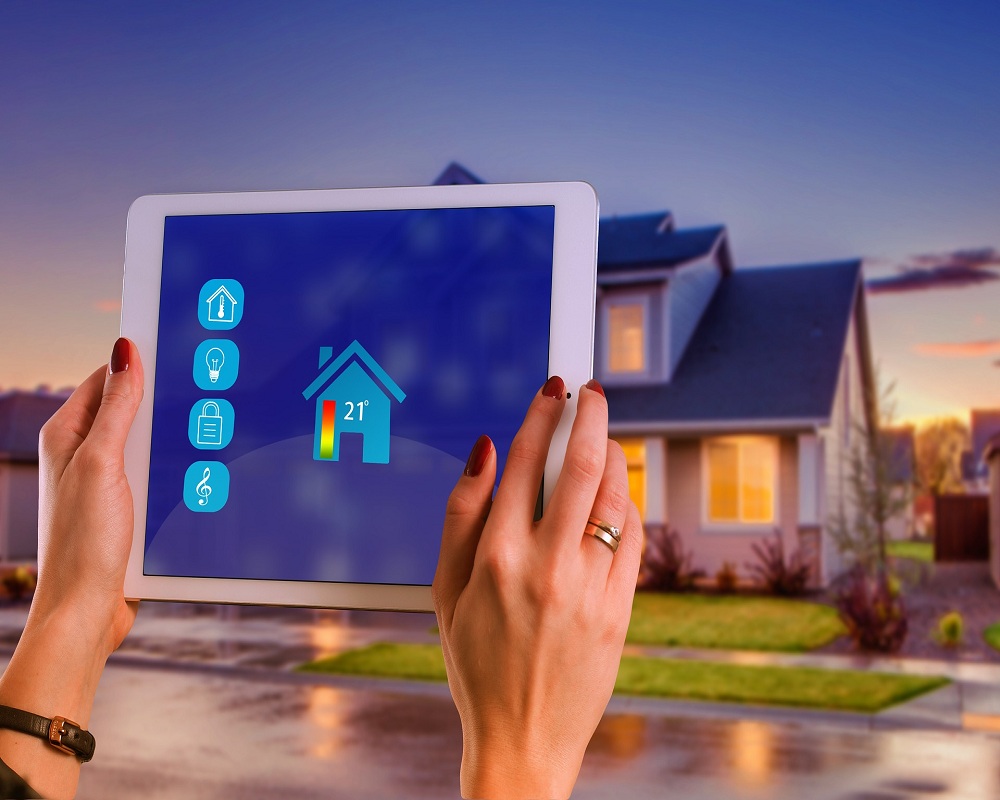Now that you’ve got a smart TV, systems, and appliances you can control from your phone when you’re not even home, a doorbell that shows you who’s standing on your welcome mat, and all manner of other devices that connect to the internet, you’re more vulnerable than ever to being hacked.
Today’s conveniences come with a price and, ironically, that includes the very ones that are meant to keep you safe. It’s not enough anymore to lock the doors to your house and have a security camera and alarm system. All that may keep you from harm in real life, but you and your family’s virtual life is still at risk.
Cybercrime can lead to both physical and economic damage before you’re even aware of it. If you don’t have the security of a smart device manager on all the internet-connected devices your family uses at home, you’ve left a gaping hole in everyone’s safety.
While security software is essential, even that’s not enough protection against scammers and other cybercriminals. If your smart home can monitor its own lighting and climate control, lock and unlock doors, play the music you like when you walk into a room, facilitate a conversation between your washer and dryer, and feed the dog when you’re not home, imagine what someone else can do if he can gain remote access to your real and financial property.
Everyone from the adults to the youngest family members needs to know the precautions to take when they’re using their phones, their laptops, and all their other electronic devices that connect to the Internet, whether they’re controlling your home or just surfing the web.
Here are the rules everyone in the family should follow:
Use Guess-Proof Passwords
It seems too dumb to be true, but for the past five years in a row, the most common passwords people have been choosing are “123456” and the word “password” itself. That’s like giving a get in free pass to a hacker.A password should have a combination of upper and lower caseletters, numbers, and special symbols and shouldn’t rely on words that are spelled the way they are in the dictionary. Start with a short phrase that you can remember, and then mixit up with a few numbers and symbols.
Keep Personal Information Personal
It’s pretty easy for someone to find out a lot about you from what you post online on various sites. You may have mentioned your home address somewhere and your work schedule someplace else, but it doesn’t take much sleuthingfor someone bent on criminal activity to put the pieces together. Be cautious about giving out detailed personal information even on presumably verified social media sites and networking sites like LinkedIn.
It’s depressing to think that you have to keep your guard up all the time, but information you put out there remains on the Internet forever, and if it’s not something you’d tell a stranger in person, then don’t tell it to the whole world online. This is something you have to impress upon kids in particular, since they’re more likely to think that someone who “friends” them actually intends to be friendly.
Be Careful About Email
Most computer viruses and other malware invasions are caused by downloading attachments or clicking on links that are sent by unknown sources or appear in pop-up windows or other unsolicited communications. Never download anything or activate a link you receive from anyone but a trusted source. And now that phishing has become so devious, it’s wise to verify downloads and links wherever they’ve come from. Check the originating URL and “reply to” address for inconsistencies and irregular spellings, and if you’ve got any reason to suspect the legitimacy of the correspondence even from your bank, for example, contact the source directly to check it out.
Use Secure Wi-Fi Only
Free public Wi-Fi networks are handy, but transmissions can be easily intercepted. Unless you’re at home or know that you’re using a legitimate hotspot, don’t connect to sites that store your credit card or banking information. Disable your smartphone’s default Wi-Fi access and use your phone’s network rather than public Wi-Fi. If you can use a virtual private network (VPN), it’s better still.
No matter what you do, you can’t protect your family from everything out there. But that doesn’t mean you shouldn’t be as careful as you can be.






































 Online casino
Online casino
